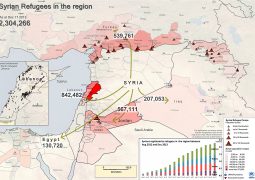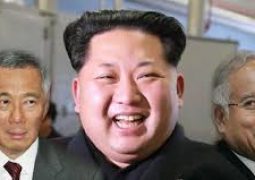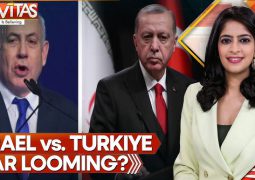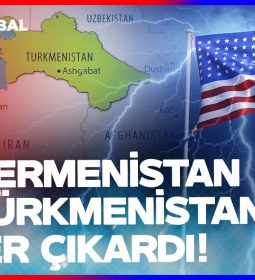Donald Trump likely to keep squeezing China before 2020 election, US experts say
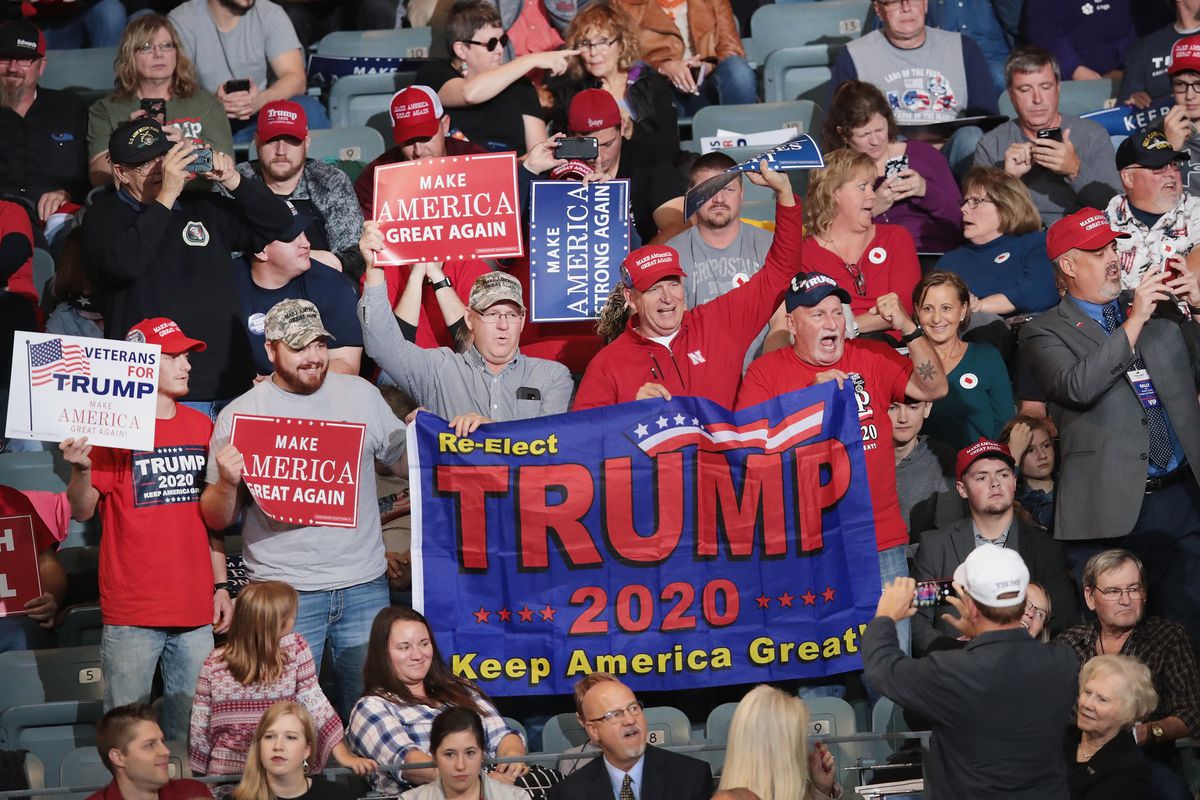
- Strategy seems economically illogical at times because it is politically driven, according to experts at US-China trade and economics seminar
- Potential ‘phase one’ trade deal would not necessarily ease US pressure on Beijing, they say
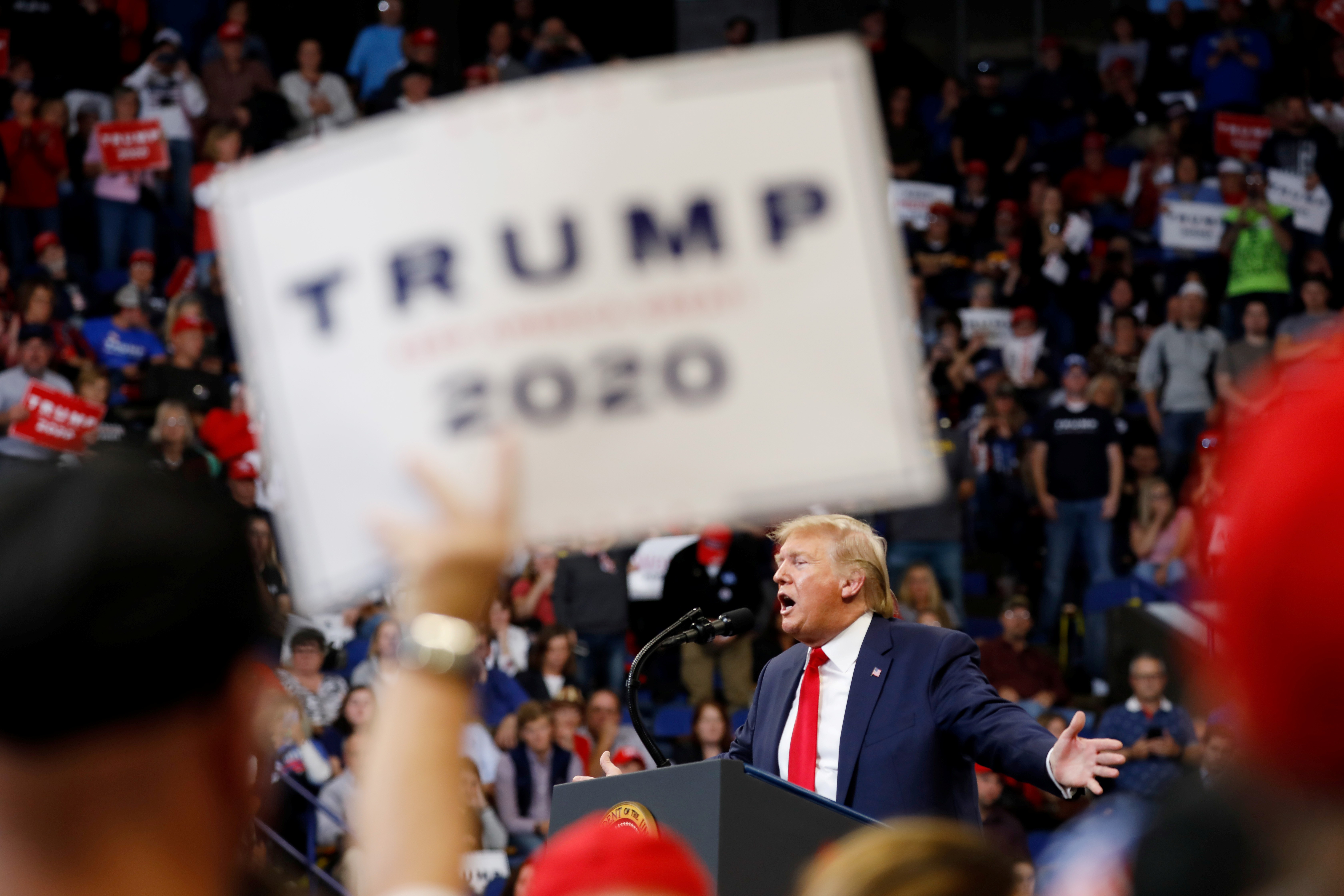
The pressure on China from the Donald Trump administration is likely to continue or even intensify leading up to next year’s US election because the strategy behind its trade war
That is why the strategy may seem economically illogical or even counterproductive at times, according to experts at the US-China trade and economics seminar at Washington think tank the Peterson Institute for International Economics on Wednesday. The event spotlighted deep and growing divisions between the two giants.
“I certainly agree the objectives of the US are confusing,” said Mary Lovely, a Peterson senior fellow. But “on the US side, there is a lot of confusion about Chinese intent and action”, she added.
That is partly because the next tranche of US tariffs will hit US consumers, computer companies and smaller textile companies hard while doing relatively little to soften Chinese resolve, she added.
In the past year, China’s overall trade flows have increased despite the trade war as it finds replacement markets for those lost in the US, reducing pressure on Beijing to agree to settle the dispute, Peterson senior fellow Nicholas Lardy said.
“Those will only get more strident and difficult to manage as we get further into the political cycle,” Jeffrey Schott, a Peterson senior fellow and former Department of Treasury official, said.
The Trump administration had been applying tariffs with a “sledgehammer not a scalpel”, not necessarily to achieve economic objectives but to send a political signal domestically and overseas, he said.
Political analysts said Trump saw wholesale tariffs as a way to burnish his “America first” credentials and make him look tough to his political base.
“The desire to send that political signal will remain,” Schott said.
Chinese financial experts at the seminar said they had been puzzled by the often inconsistent statements and apparent lack of strategy on the US side during the trade war.
This included a lack of clarity on whether Washington wanted balanced trade or fair trade, industrial dominance or value-added excellence, all of which required different approaches, said He Jianxiong, former China executive director at the International Monetary Fund and a former official at the People’s Bank of China.
“So far, the signals have been very confusing,” He said. “And such an approach has failed to achieve the intended rewards of the US government.”
Gao Shanwen, chief economist at Essence Securities, a Shenzhen-based equity and commodities firm, said he realised the depth of US anger towards China shortly before the tit-for-tat tariff battles started.
On a trip to Washington in January last year, he was castigated by Americans about uneven playing fields, growing US irritation over market access and how a trade war was inevitable.
Returning to China, Gao said he gave several speeches in an attempt to awaken Chinese audiences to the depth of US anger, only to be attacked online by Chinese people for being “too negative” and “unpatriotic”.
American scholars outlined some of the structural issues creating tension on the US side, including the discriminatory treatment foreign companies faced in China, subjectively applied regulations and lack of intellectual property protection.
Chinese participants countered that the US should be more patient, work through multilateral channels, rejoin the Trans-Pacific Partnership trade group and cooperate on addressing global warming.
“We’ve heard a lot of suggestions, some of which will certainly not resonate with the Trump administration” Schott said. “We need to consider not only what is desirable but what is feasible and practical as we move closer to 2020.”
The seminar also saw the English-language release of a report on China’s financial system by the China Finance Forum 40, a Chinese think tank, entitled “Supporting High-Quality Economic Development with Financial Innovation”.
The country’s financial system was not adjusting fast enough in response and continued to route capital to inefficient, state-owned “zombie firms” rather than the private companies that spur innovation and jobs, said Huang Yiping, chairman of the economics department at Peking University and a former official at the People’s Bank of China.
“Regulations need to keep pace,” Huang said. “Regulators need to find a balance between innovation and stability.”
Lardy said China had become even more committed to its inefficient state sector during President Xi Jinping’s tenure. That had contributed to a tripling of losses among state-owned companies since the 2009 financial crisis, with many firms unable to even service their loans, he said. “The private sector has been significantly squeezed out,” Lardy said.
- Previous Russian Railways pledges to partner in railway project in Mongolia
- Next From Singapore to Sweden, China’s overbearing campaign for influence is forcing countries to resist and recalibrate relations with Beijing






